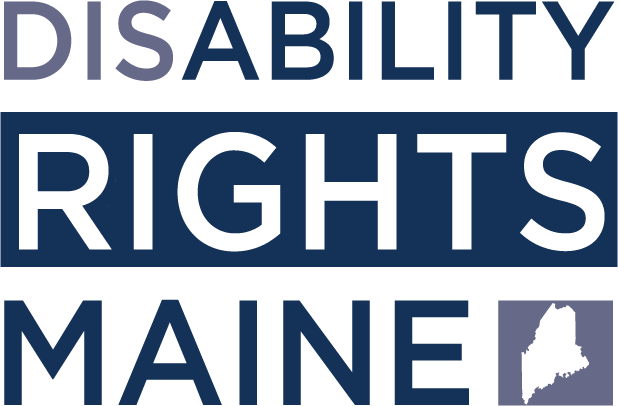COVID-19
Disability Rights Maine offers free help for people with disabilities, family members and caregivers to access vaccines.
This information is provided as background information and is not intended as legal advice. If you are a person with a disability with questions about your rights or if you believe you were discriminated against because of disability, contact Disability Rights Maine at 800.452.1948, by email to advocate@drme.org, or through our online intake form.
How Can We Help?
Contact us anytime. DRM wants to hear from you. Whether you’re looking for advocacy, have a question, or just want to connect, please reach out.
